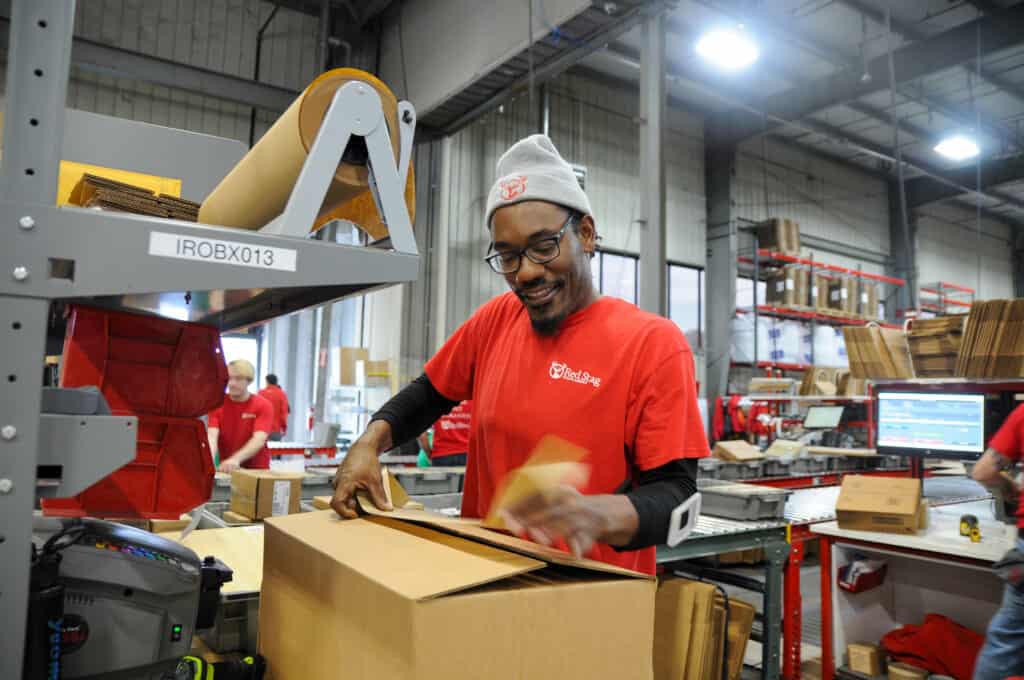This story originally appeared on Best Stocks
There are a lot of factors that come into play when deciding if an investment will be a good one. One sector that people have been looking to for growth is airline stocks.
Table of Contents
Shall I invest in airline stocks?
With the pandemic almost over, airline companies are expected to see a healthy rise in profits in the future. Therefore, it might be worth investing in airline stocks, given the current economic scenario. To some extent, airline stocks can be considered safe investments because they are established businesses with relatively predictable revenue streams.
For example, the government-owned U.S. air carriers American Airlines (NASDAQ: AAL ), Delta Air Lines (NYSE: DAL ), United Airlines (NYSE: UAL ) and Southwest Airlines (NYSE: LUV ) all offer relatively stable earnings streams as long as oil prices don’t get too high or else demand for air travel wanes. In addition, because most airlines operate in the United States, their supply chains are less likely to suffer from disruption if there is a U.S. recession.
However, there are some risks involved with this type of investment– including high volatility and the possibility of bankruptcy– so be sure you know which are the best airline stocks to invest in now.
Boeing (BA) could be one of the best airline stocks to buy now

RBC initiated coverage of Boeing on Thursday with an outperform rating, adding a price target of $275 per share.
“From a cyclical standpoint, we believe the stock represents an appealing entry point, and we believe the expected 2022-2023 inventory drawdown will provide positive [free cash flow] momentum,” RBC’s Ken Herbert said.
RBC anticipates that aircraft deliveries will increase revenue.
“The pace of the MAX recovery has been slower than investors and management had anticipated,” Herbert said. “However, we believe the demand environment for narrowbody aircraft to support domestic travel remains strong.”
Boeing announced on October 12 that it delivered 35 planes last month. Boeing’s order activity is also expected to increase, according to the firm. “Cancellations are continuing to fall,” Herbert said. “We believe that order activity will remain a positive catalyst for the stock.”
Boeing also reported that jet orders outpaced cancellations for the eighth consecutive month, bringing the company’s net orders for the year to 349 as of September.
This year, Boeing stocks have outperformed the market, rising just 0.1 percent compared to the S&P500′s 21.1 percent rise. The stock is down 23% from its 52-week high set in March.
If you’re thinking of buying Southwest, you might consider buying instead Delta Air Lines

After canceling more than 1,800 flights over the weekend, Jim Cramer expressed his concern regarding Southwest Airlines.
“It’s not the company we thought it was,” he said on “Squawk Box,” adding that he’s considering buying Delta Air Lines. “I think Delta has a much better feel to it these days,” Cramer said, citing the airline’s international exposure.
Southwest stock fell 1.8 percent after the airline canceled 356 flights, or 10% of its Monday schedule, according to flight-tracking website FlightAware.
The unusually high number of cancellations fueled speculation that workers were calling in sick in protest of the airline’s decision last week to join its industry rivals in requiring Covid vaccinations for its employees.
“It’s just not the style we’re used to with Southwest, which is to tell us everything, warts and all.” “And they aren’t giving it to us,” Cramer explained. “I’m curious about what happened. They’re not telling us anything.”
Southwest did not immediately respond to CNBC’s request for comment on Cramer’s remarks or the canceled flights on Monday.
Southwest stated over the weekend that the mass flight cancellations were not the result of a sickout. The initial issues were attributed to bad weather and an “FAA-imposed air traffic management program,” according to the airline. Other airlines canceled a small number of flights over the weekend. Southwest made no comment on the discrepancy.
“It’s completely unacceptable,” Cramer declared. “This isn’t who we’re used to seeing.”
Southwest has already stated that it will reduce its fall schedules in order to avoid the cancellations and delays that plagued its operations this summer. It is now debating whether it needs to cut even more.
Virgin Galactic could be a good buy-on the-dip opportunity

Virgin Galactic stock dropped 16% on Friday after the company postponed its next flight, which was supposed to take place this month, until 2022. Myles Walton wrote: “The event path for the stock is now disjointed for the better part of the next year,” the note said. “With 24 percent of shares outstanding (32 percent of the float) exiting their lock-up period at the end of the month, we expect further pressure ahead for the stock.”
Virgin Galactic stated that the delay was due to additional testing on some of its materials. The company stated that its tests are designed to ensure that the vehicles can withstand harsher conditions than they will encounter in flight.
According to Barclays, the delay, as well as additional questions about the development of Virgin’s delta class of vehicle, could cause the company to burn through $900 million in cash over the next five years.
“Clearly, the company is doing the right thing by putting safety first.” “However, starts and stops, as well as the recently revealed longer turn times of current-generation spaceships, highlight barriers to predictable, reliable, high-speed operations,” the note said.















